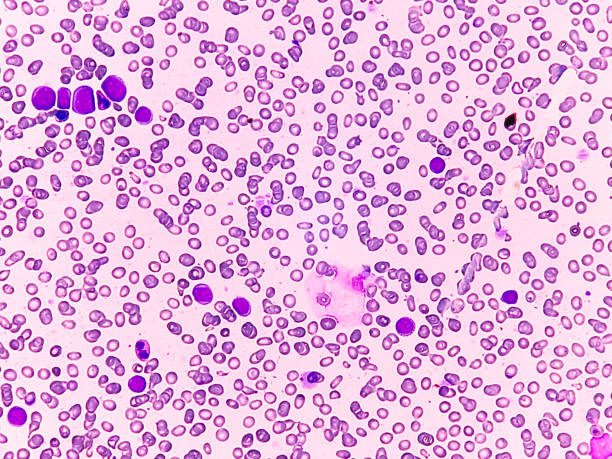Media release
From:
New dual-drug strategy shows promise against aggressive leukemia
Peter Mac researchers have discovered a powerful new drug combination that could offer hope to children and adults with certain subtypes of acute myeloid leukemia (AML).
The treatment works by using a combination of two agents, a Menin inhibitor, revumenib, which is already being used to treat AML, and a new drug, called PF-9363, that is currently in clinical development and being trialled in breast cancer.
Peter Mac PhD student Shellaina Gordon said PF-9363 blocks the KAT6/7 enzymes which help cancer cells grow and survive so when used with a Menin inhibitor, the two drugs rapidly stop the leukemia cells from multiplying and eventually lead to cancer cell death.
“This discovery could pave the way for more effective, targeted therapies and excitingly, these findings can be rapidly translated to the clinic,” she said.
“With Menin inhibitors already available and drugs targeting KAT7 in development, it is feasible to have a clinical trial in AML patients combining these two treatments soon.”
Haematologist Professor Mark Dawson, whose laboratory led the research, commented that Menin inhibitors have been transformative in AML as the treatment stops the expression of genes responsible for causing AML.
“In the clinic we often find that people treated with Menin inhibitors initially respond well but the treatment stops being effective after some time and the cancer returns,” he said.
“Our lab had previously identified KAT7 as an enzyme essential for leukemia cells to grow and survive so we worked in collaboration with Pfizer, to characterise new drugs that are effective at blocking KAT6/7.
“Importantly, we showed that combining this new drug with Menin inhibitors, which are already in the clinic, markedly increases the anti-cancer activity against the most common cause of leukaemia in children.
“In our preclinical animal models, we were able to show increased survival using combination treatment, and we also showed that this combination can overcome resistance to Menin inhibitors.”
Professor Dawson noted that the next step is to look at combining the two treatments in AML patients to see if they can achieve a longer, more durable response.
This research was performed in collaboration with Dr Scott Armstrong from the Dana Faber Cancer Institute and Dr Florian Perner from Hannover Medical School.
The study was recently published online for Cancer Discovery.



 Australia; NSW; VIC
Australia; NSW; VIC


